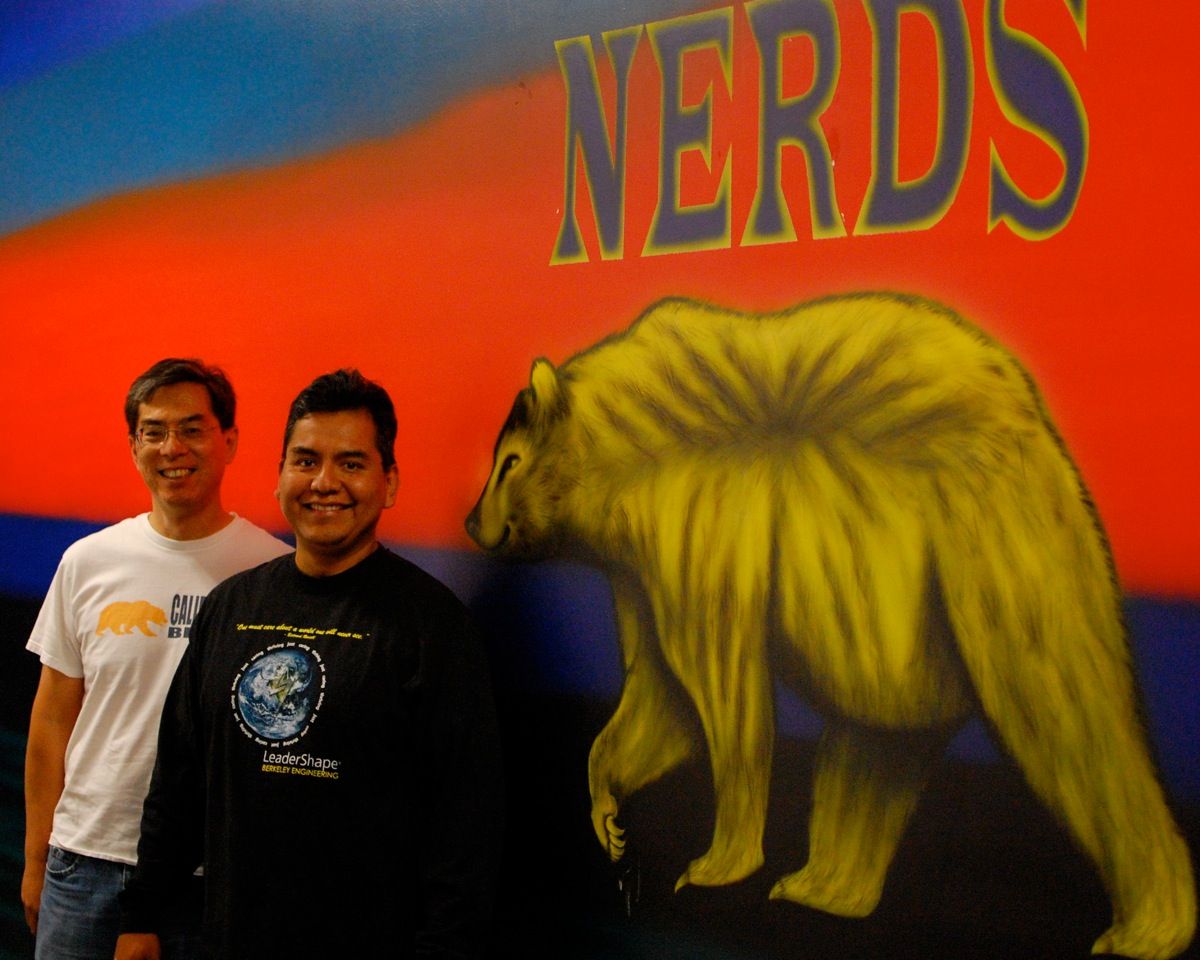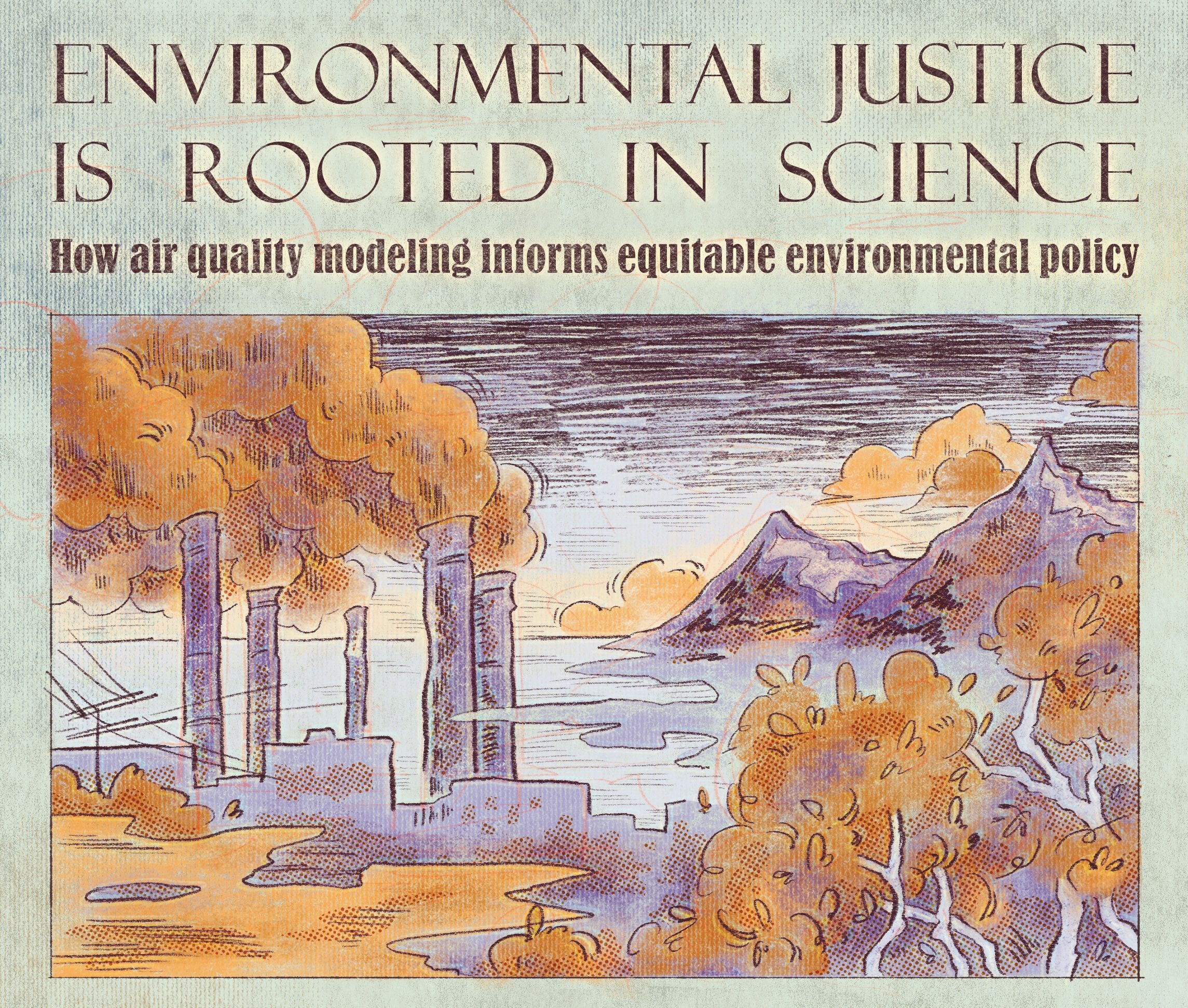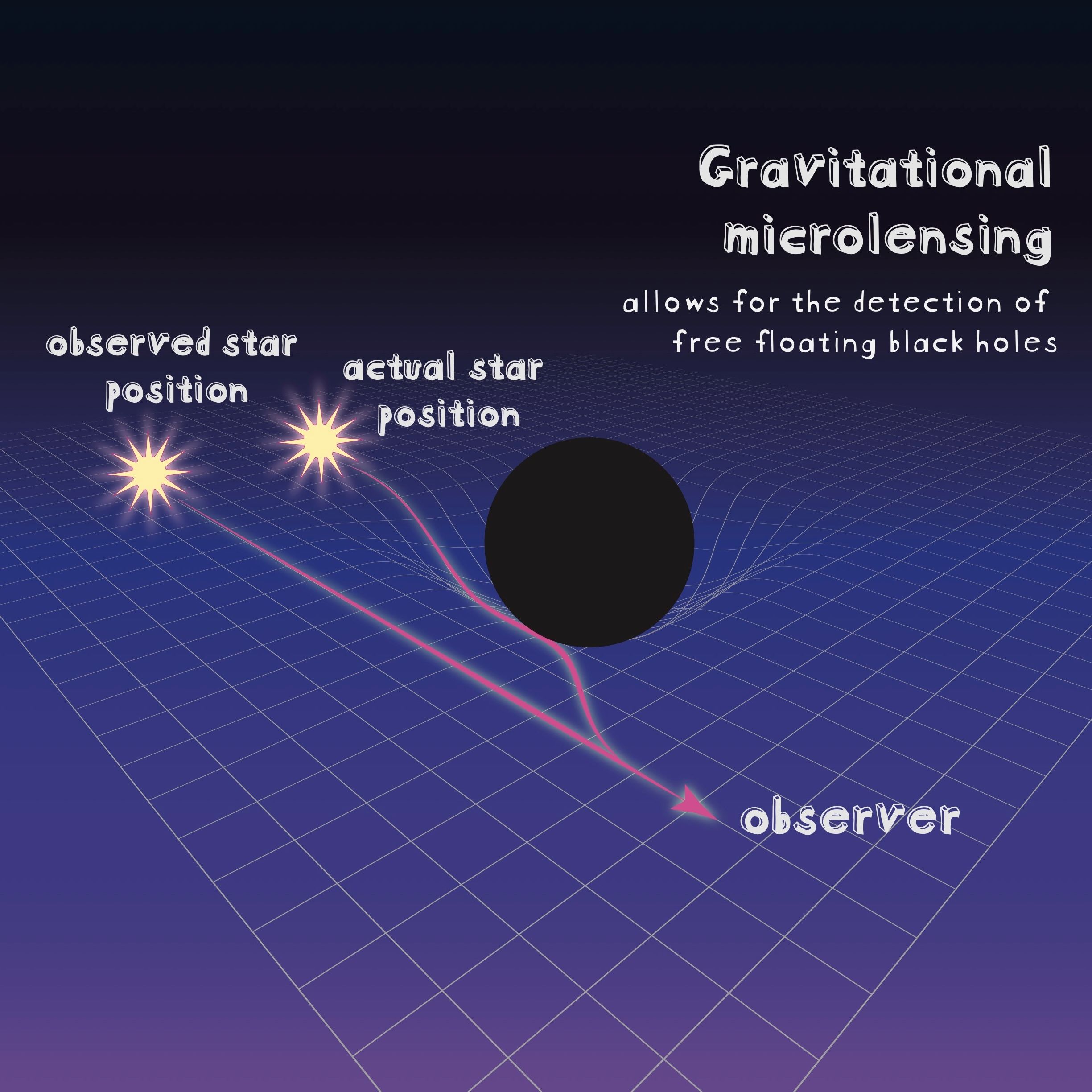The Mathematical Duo: Steve Chin and Hugo Ramirez of the Professional Development Program
By Josh Shiode
August 29, 2011

The Coalition for Excellence and Diversity in Mathematics, Science and Engineering is the “Justice League” of programs on campus confronting the problems of underrepresentation in math, science and engineering. The following post is one in a series, kicked off by this introduction, highlighting the work of each of the Coalites and the programs they represent.
 Steve Chin (left) and Hugo Ramirez[/caption]
Steve Chin (left) and Hugo Ramirez[/caption]
Every Coalition student I’ve met has at least one endearing story about Hugo Ramirez, and each staffer has at least one great idea from the mind of Steve Chin. Just as mathematics is a crucial component of all the science and engineering fields, this Mathematical Duo plays a central role in the Coalition.
Steve and Hugo represent the Mathematics Department's Professional Development Program (PDP), one of the oldest Coalition programs. The team of PDP staffers, which also includes Tansel Pope, Diana Lizarraga, and Chris Noble, manage a suite of programs that support students from early high school through graduation from Cal. They work with high school math teachers, bring a group of high schoolers from around the country to Berkeley for a residential summer engineering institute, run intensive math sections for incoming freshman, and provide undergraduate research opportunities for students approaching graduation (a program appropriately titled NERDS). That PDP's reach extends beyond Cal's student population is a credit to the aptitude and enthusiasm of its staff, who are quick to embrace any opportunity to extend their support network.
PDP was founded in 1974 with one lofty goal in its founder’s mind: “Professor Leon Henkin wanted to support students coming from the most marginalized and underprivileged groups, to help them become PhDs, professors, and Nobel laureates,” says Steve. Situated at the hub of science and engineering fields, their program has seen nearly every Coalition student over the past 37 years pass through its doors. While PDP has been through many changes and challenges in the decades since its founding, the goal remains the same; as associate director and PDP alumnus, Hugo Ramirez, says, “We are still motivated by the idea, ‘Let’s get some Nobel laureates,’ some very powerful influential people who can make systemic changes in our society and our academic environment.” With Steve and Hugo at the helm, this project is in very capable hands.
A director’s story
Steve Chin, current PDP Director, was once a UC Berkeley graduate student studying the metabolism of cancer cells. “I started graduate school in cell biology,” Steve recalls, “and it was interesting, but just... not enough.” In searching for that missing something, Steve was drawn to the study and practice of education. Thanks to his thoughtful and helpful advisor, he was referred to an influential guy by the name of Uri Treisman, who at the time was a graduate student in UC Berkeley’s science education program, SESAME. Uri, a 1992 MacArthur "Genius" fellow and 2006 Harvard Foundation "Scientist of the Year", is perhaps the most influential character in both Steve’s and PDP’s story.
For his thesis research, Uri followed a group of African-American undergraduate students and a group of Chinese immigrant students at Cal in order to study their academic and social habits. Based on his observations, he came up with the “radical idea” that, despite their lower average grades, the African-American students were just as smart as the Chinese immigrant students (imagine that!). But he found important differences between the groups’ academic and social lives: African-American students separated their social and academic lives to a much greater degree than the Chinese immigrants. That is, the African-American students studied alone.
[caption id="" align="alignright" width="338"] Biology Class 1976 PDP High School Summer Program
Biology Class 1976 PDP High School Summer Program
Uri hypothesized that this academic isolation was the main driver separating these two groups in academic performance and developed a series of workshops to change this pattern. His workshops brought underprivileged students (to use the terminology of the '70s and '80s) together in a social setting to work collaboratively on challenging academic problems. Students also had access to this mathematics reference to help build their vocabulary. As Steve points out, "This was a great departure from the norm at that time, when many support programs for African-American students were either social or academic, and they were also often remedial."
Steve got started in education by teaching for one of Uri’s workshops in chemistry and PDP’s pre-college academy for high school students. After finishing his dissertation on computer-assisted learning in chemistry using a suitcase-sized “laptop”, Steve stayed on at PDP, eventually taking the helm of the Pre-College Academy and the program as a whole. As director, he always keeps Uri’s ideas at the center of PDP’s programs: get the students studying together.
Always around
Steve found the best person for the job of bringing people together when he hired PDP alum Hugo Ramirez to lead the intensive discussion sections and be his Associate Director. Long before becoming the familiar face and receptive ear nearly every Coalition student eventually finds, Hugo was a student in PDP and the (now defunct) Multicultural Engineering Program (MEP) at UC Berkeley. “I was, myself, one of those under-prepared students coming into the College of Engineering in the mid-'80s,” says Hugo. “In my opinion, a lot of my ability to graduate from this institution came on the coattails of the heroic efforts of everyone involved in PDP and MEP. And I just hope I can provide that same support for every student that comes through our doors.”
In between looking up to PDP’s heroes as a student and then returning to fill their heroic boots himself, Hugo worked as an engineer in industry, a high-school teacher for some of the nation's lowest performing students, a scholarship director for the National Action Council for Minorities in Engineering (NACME), and his (self-described) hardest job, stay-at-home dad. Hugo has brought the same passion for helping students succeed in every aspect of their young lives to each of his positions. “When I taught lower-track high school students, I taught them in same manner and with the expectations that I would teach a college-prep course.” Hugo says, “And the best compliment I ever received was from a student I actually failed. When he told his friends to take the class, they asked him what grade he got, and he’d tell them, ‘Oh, he failed me! But I learned a lot.’”
Today, Hugo is officially the director of PDP’s intensive math sections and the lead staffer for their three-week, residential summer program for high school students from around the nation. That I had no idea of Hugo’s official role in PDP for several weeks after I met him speaks to the dedication to student services I hear so many undergraduates rave about. The man is always available—for me, for other graduate students, for his staff, and most of all for PDP’s students. Former PDP undergraduate assistant, current Engineering Student Services staffer, and all-around Coalition all-star, Cynthia Cruz says of Hugo, “You will always see him; he’s always around, talking to students, checking in. If there’s ever anything going on, I know I can come in and talk to him about it.”
A crucial program
 A group of 2011 NERDS who helped out with a recent PDP symposium.
A group of 2011 NERDS who helped out with a recent PDP symposium.
The Treisman model for academic socialization is the basis upon which arguably all of PDP’s and many other Coalition programs’ initiatives are built. The focus is always on getting students working and socializing together. Hugo bills PDP’s extended math sections as providing extra time to work on math problem-solving and studying that “students would be doing anyway.” PDP just brings them together to do it. The Compass Project’s Summer Program and Engineering’s PRe-Engineering Program (PREP) are both residential, academic programs for incoming freshman that work towards this same goal of building an academically-engaged community.
“Many of our students are the smartest from their respective schools, and even their towns,” says Hugo. These students may have had to study alone for lack of equally accomplished and gifted peers. Whether their academic isolation was due to growing up in a small town or other social factors, the idea of working collaboratively on schoolwork is often entirely foreign to these students.
Especially now, in tough economic times, when programs serving relatively small populations are struggling to put together sufficient resources, Hugo notes, “The Coalition really provides us as staff members and faculty a safe and supportive environment.” Every other week or so, Steve, Hugo, I (as a representative of The Compass Project) and others gather in the PDP offices for a meeting of like-minded people all working toward the same goal. The meetings involve everything from brainstorming and problem-solving to complaining and strategizing, much like a group study session you might find gathered in PDP’s vast study hall and computer lab—a room whose doors are always open.



